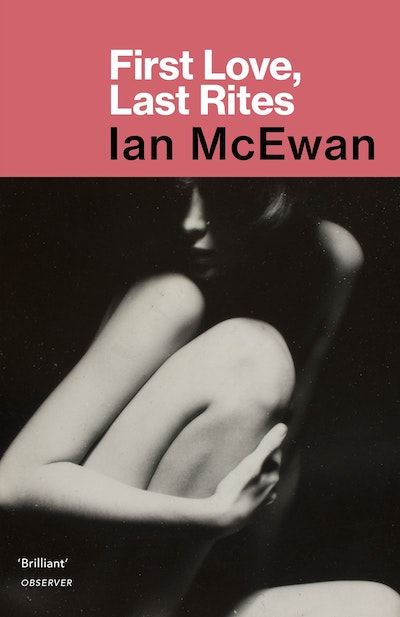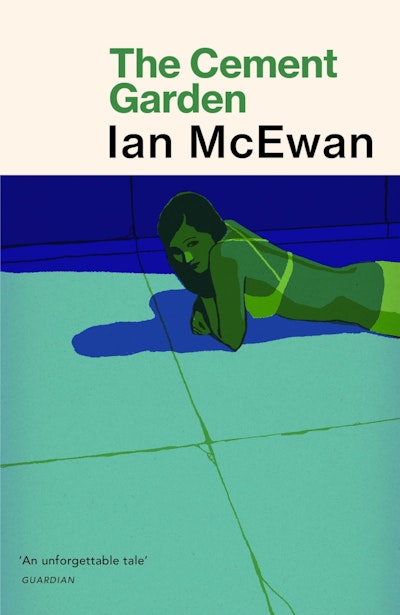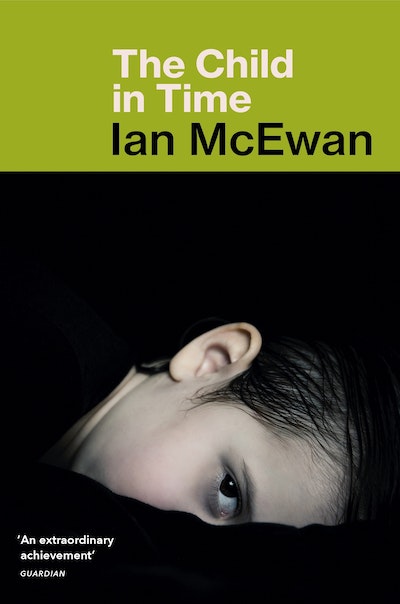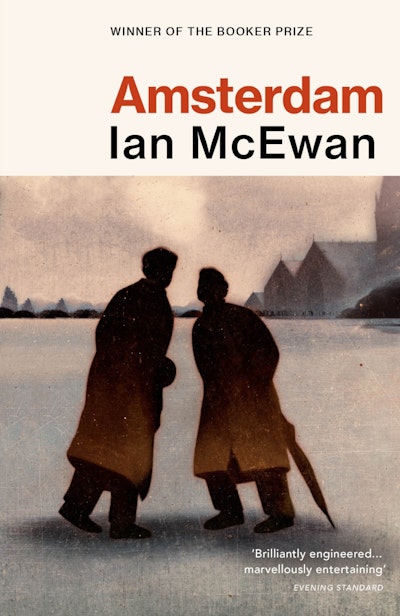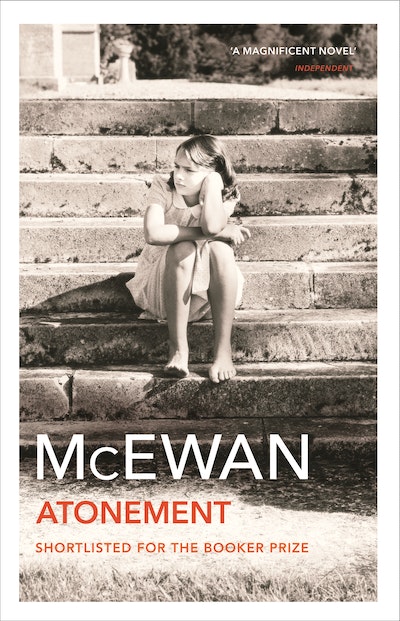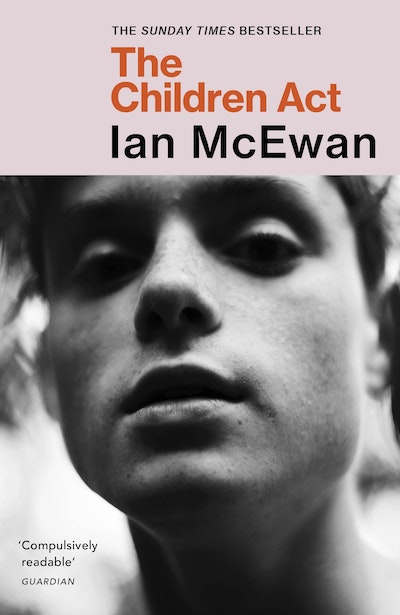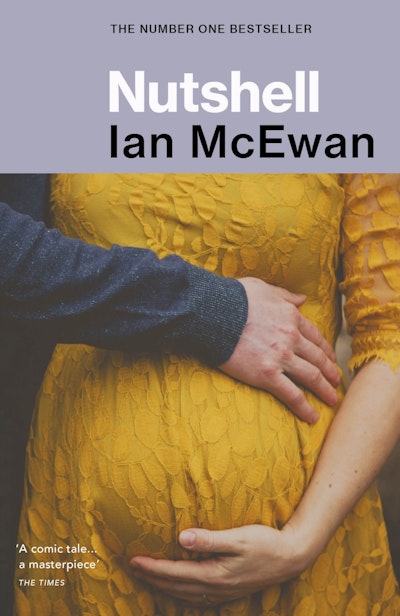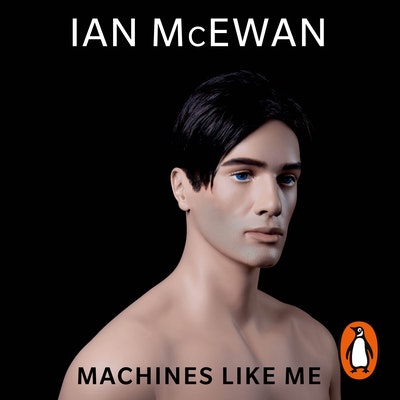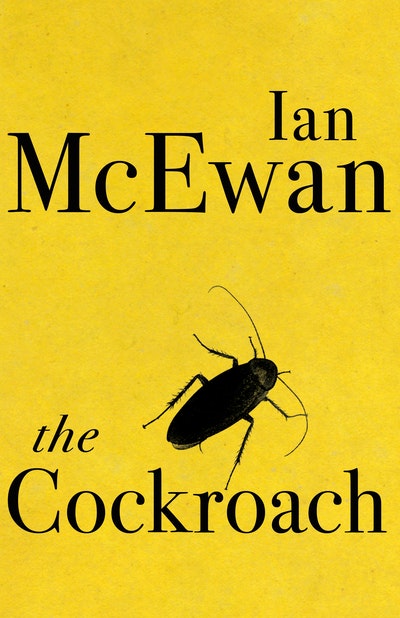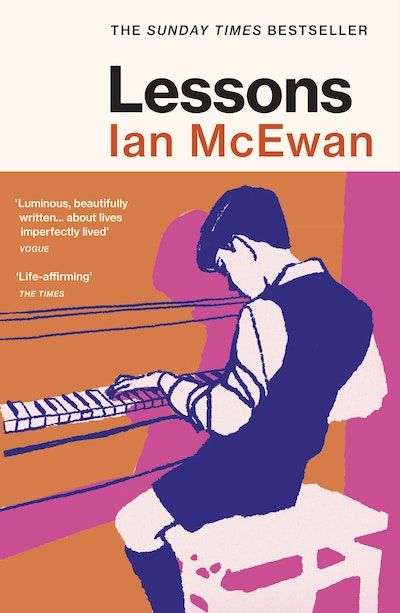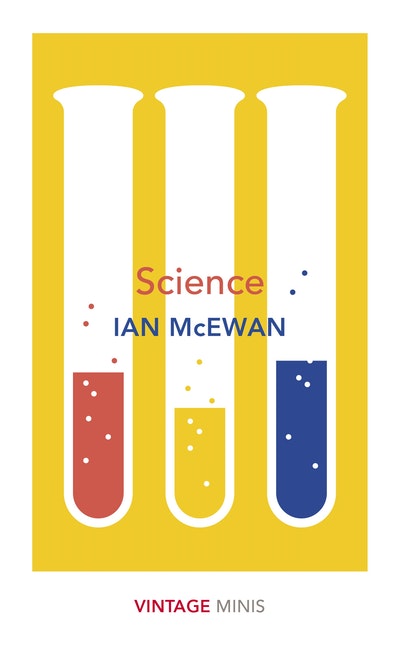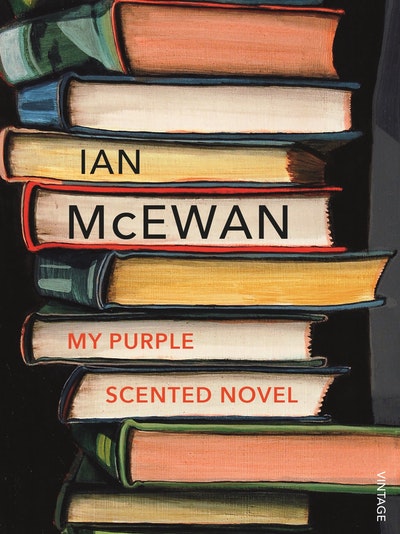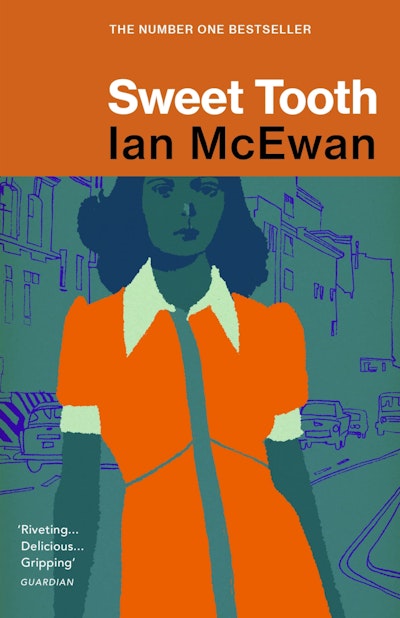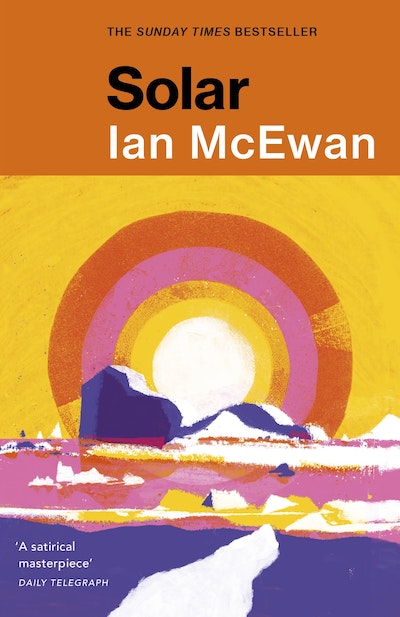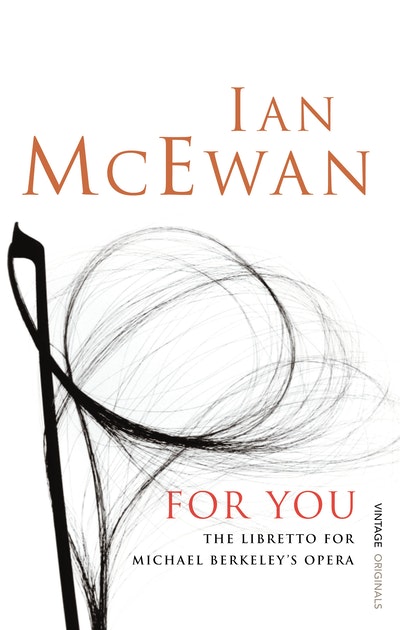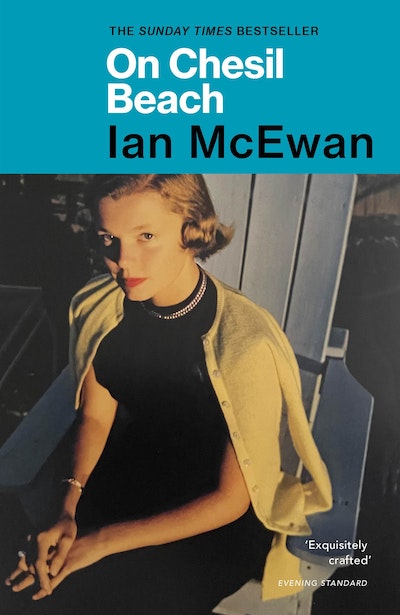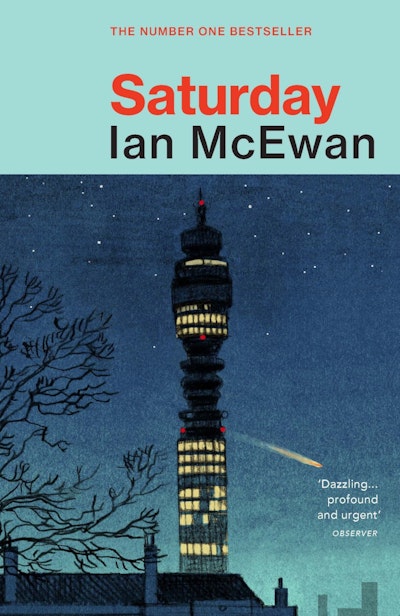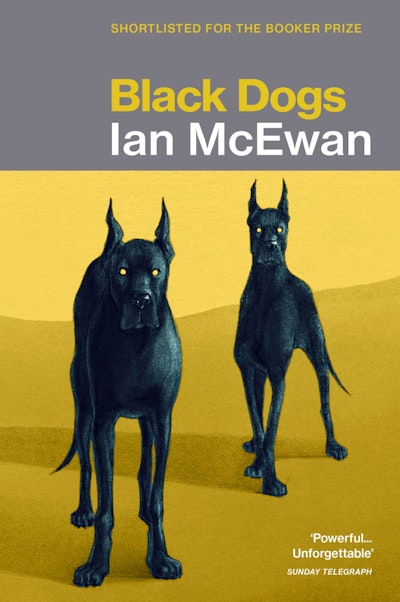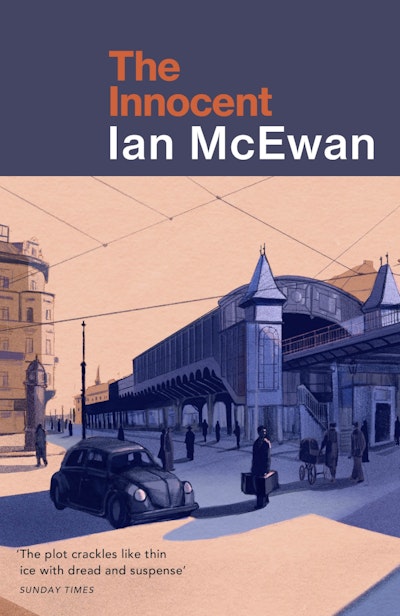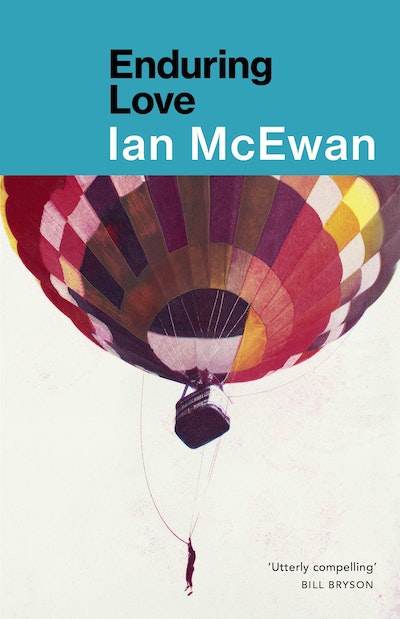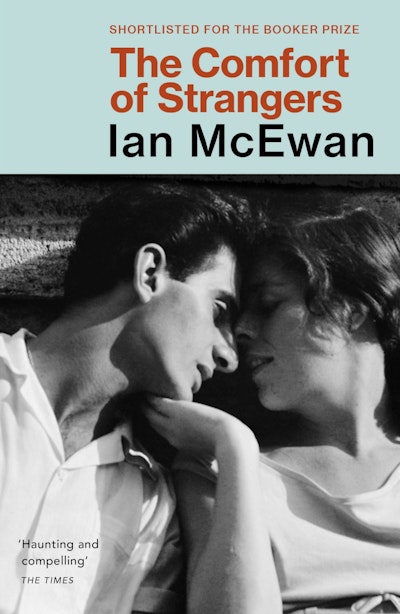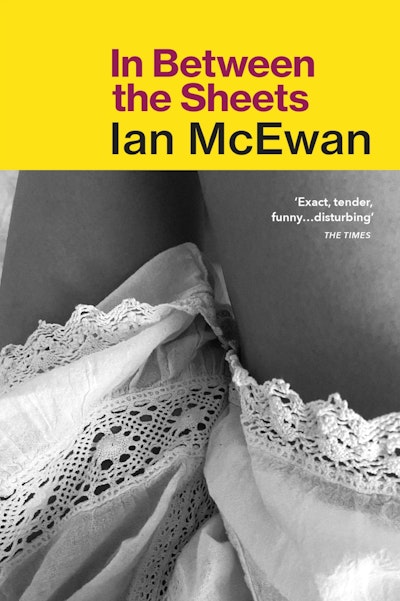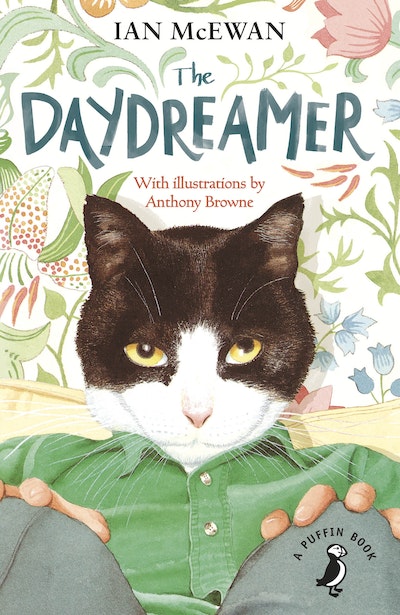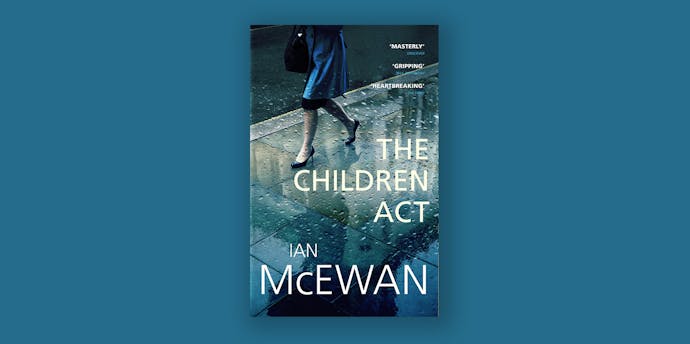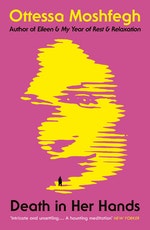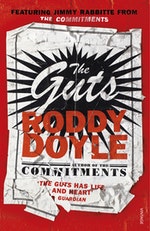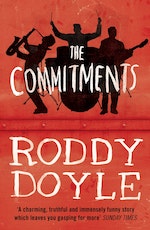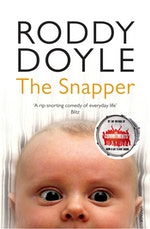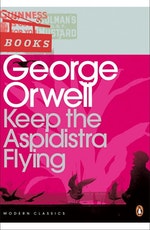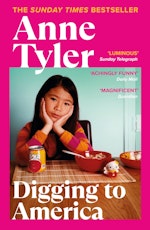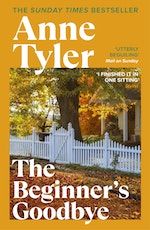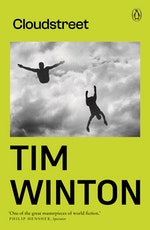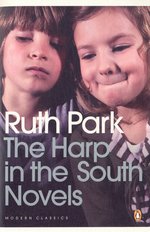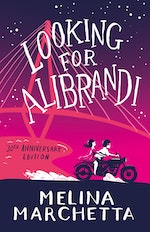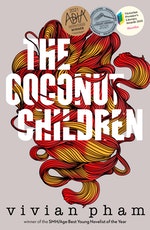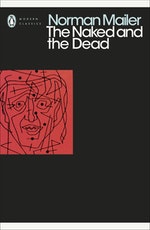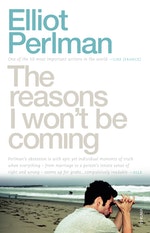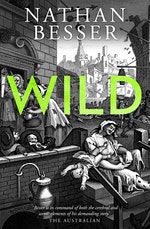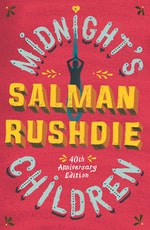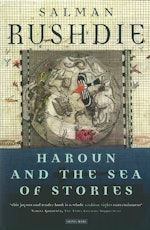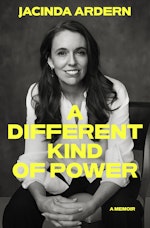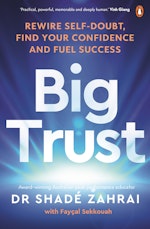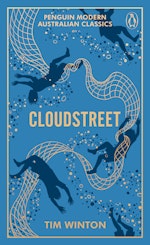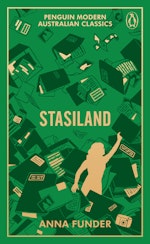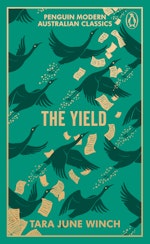A rough guide to just ten of Ian McEwan’s numerous literary triumphs.
From his first published work, 1975’s Somerset Maugham Award-winning short story collection First Love, Last Rites, to his acclaimed novels, including Atonement, On Chesil Beach and 1998’s Man Booker Prize-winning Amsterdam, Ian McEwan’s stories have captured and provoked the imaginations of readers worldwide. His numerous accolades – Whitbread Novel of the Year (The Child in Time), National Book Critics’ Circle Fiction Award and Los Angeles Times Prize for Fiction (Atonement), multiple Man Booker Prize short-listings and a CBE – are testament to a lifetime dedicated to his craft. Beyond his much-celebrated novels and short stories, he has written successful plays, children’s books and screenplays, and several of his books have been translated to screen, including Christopher Hampton’s 2007 adaptation of Atonement and his own 2017 adaptations of On Chesil Beach and The Children Act. His immeasurable contributions to the arts have been acknowledged via multiple honorary titles, awards and fellowships, including recognition by the Royal Society of Literature and the American Academy of Arts and Sciences.
With decades of writing under his belt, The Washington Post labelled McEwan’s 2014 novel, The Children Act: ‘A svelte… notable volume from one of the finest writers alive.’ His 2016 release, Nutshell – a classic story of murder and deceit, told by a narrator with a perspective and voice unlike any other. His 2019 books, Machines Like Me and The Cockroach continue in this vein, subverting notions of our very humanness to probe the capabilities and limits of our hubris and inventions. The Washington Post called his 2022 book, Lessons, ‘a profound demonstration of his remarkable skill.’
With deft traces of comedy woven through his tragedies of heartache, loss, relationship breakdown, lust, death and betrayal, McEwan reveals the complexities, conflicts and challenges at the heart of everyday human existence. Affecting, inimitable and haunting, his attention to detail and elegant manipulation of time ensure every one of his novels is something to be savoured and absorbed. Here we offer a rough guide to just some of his literary high-water marks to date.
Decades after first publication, these stories display McEwan’s dazzling talent. Taut, brooding and densely atmospheric, they are stories of sex and loneliness, adolescence and incest, love and murder, and they linger in the mind long after they are finished.
This is McEwan’s debut novel which was adapted into a 1993 film starring Charlotte Gainsbourg. In the relentless summer heat, four abruptly orphaned children retreat into a shadowy, isolated world, and find their own strange and unsettling ways of fending for themselves.
Stephen Lewis takes his three-year-old daughter on a routine Saturday morning trip to the supermarket. While waiting in line, his attention is distracted and his daughter is kidnapped. Just like that. From there, Lewis spirals into bereavement that has effects on his relationship with his wife, his psyche and time itself.
On a chilly February day, two old friends meet in the throng outside a crematorium to pay their last respects to mutual ex-lover Molly Lane. In the days that follow Molly’s funeral, these friends make a pact, which leads to their making disastrous moral decisions, testing their friendship to its limits.
Atonement was adapted into a 2007 BAFTA and Academy Award-nominated film, starring Saoirse Ronan, James McAvoy and Keira Knightley. At release, The Observer labelled it ‘The best thing [McEwan] has ever written’. On the hottest day of the summer of 1934, thirteen-year-old Briony Tallis sees her sister Cecilia strip off her clothes and plunge into the fountain in the garden of their country house. Also watching is childhood friend Robbie Turner. By the end of that day, the lives of all three will have been changed forever.
Fiona Maye, a leading High Court judge, visits a seventeen-year-old boy in hospital who is refusing the medical treatment that could save his life. It is Fiona who must ultimately decide whether he lives or dies, and her judgement will have momentous consequences for them both.
Trudy has betrayed her husband, John. She’s still in the marital home, but not with John. Instead, she’s with his brother, the profoundly banal Claude, and the two of them have a plan. But there is a witness to their plot: the inquisitive, nine-month-old resident of Trudy’s womb.
In an alternative 1980s London, Charlie, drifting through life and dodging full-time employment, is in love with Miranda, a bright student who lives with a terrible secret. When Charlie comes into money, he buys Adam, one of the first batch of synthetic humans. This near-perfect human is beautiful, strong and clever. A love triangle soon forms, and these three beings must confront a profound moral dilemma.
Jim Sams has undergone a metamorphosis. In his previous life, he was ignored or loathed, but in his new incarnation he is the most powerful man in Britain – and it is his mission to carry out the will of the people. Nothing must get in his way: not the opposition, nor the dissenters within his own party. Not even the rules of parliamentary democracy.
With trademark intelligence, insight and scabrous humour, Ian McEwan pays tribute to Franz Kafka’s most famous work to engage with a world turned on its head.
Stranded at a boarding school during the Second World War, young Roland Baines’s life is turned upside down. His vulnerability attracts the attention of his piano teacher, leaving lifelong scars and a memory of love that will never fade. As Roland grows older, his life journey traverses the course of history. From the Chernobyl disaster to COVID-19, he seeks solace in literature, love, and friendship.
With his skill for plot and prose, Ian McEwan asks the big questions: Can we really take charge of our own lives? What impacts do our actions have on others? And what lessons can we learn from past trauma?

